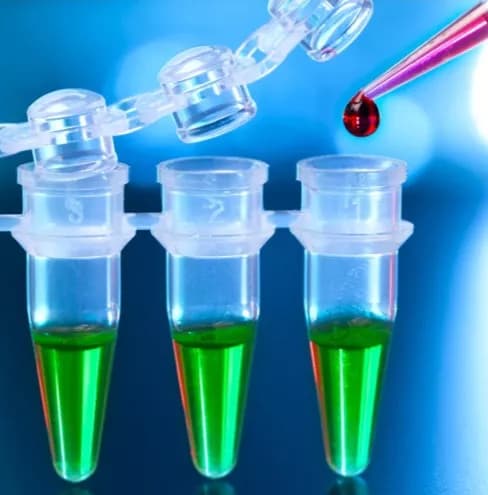What are the other Names for this Test? (Equivalent Terms)
- Essential Minerals Urine Test
- Microminerals Urine Test
- Trace Elements Urine Test
What is Trace Minerals Urine Test? (Background Information)
- Trace minerals are elements that the body requires in small amounts to function optimally. In contrast to minerals needed in abundance, such as calcium and potassium, the body needs trace minerals in microgram (µg) to milligram (mg) quantities
- The following are trace minerals and their recommended daily allowances (RDAs) for an adult (1 mg = 1000 µg):
- Chromium – 30 µg
- Copper – 900 µg
- Fluoride – 4 mg
- Iodine – 150 µg
- Iron – 15 µg
- Manganese – 2 mg
- Molybdenum – 45 µg
- Selenium – 55 µg
- Zinc – 10 mg
- Even though they are not needed in large amounts, trace minerals serve many important functions. For example:
- Copper allows the cell mitochondria (which is their powerhouse) to produce energy
- Iodine enables thyroid hormone production
- Fluoride is important in bone and tooth maintenance
- Iron is what allows the red blood cells to bind to oxygen
- In other words, trace minerals are important for a variety of functions. Consequently, deficiencies in trace minerals can lead to a multitude of disorders
- Deficiencies in trace minerals may occur from several causes. An individual may not be acquiring enough of a trace mineral through his/her diet. Alternatively, he or she may be lacking the means to absorb the mineral or make it available for use
- Excesses of trace minerals, however, may lead to toxicity. This may occur through too much supplementation. Or toxicity may result, if the liver and kidneys are unable to process extra trace minerals in the body
- The Trace Minerals Urine Test is a test to assess the levels of trace minerals excreted through urine. It is sometimes used to investigate malabsorptive disorders
What are the Clinical Indications for performing the Trace Minerals Urine Test?
Following are the clinical indications for performing the Trace Minerals Urine Test:
- As a follow-up to a finding of anemia
- Nausea
- Vomiting
- Fatigue
- Muscle weakness
- Seizures
- Skin discoloration
How is the Specimen Collected for Trace Minerals Urine Test?
Following is the specimen collection process for Trace Minerals Urine Test:
Sample required: Urine
Process: Urination into a sterile container, over a 24-hour period
Preparation required: No special preparation is needed prior to the test.
What is the Significance of the Trace Minerals Urine Test Result?
The significance of Trace Minerals Urine Test is explained:
- Low levels of trace minerals may point to a number of malabsorptive disorders including:
- Cirrhosis
- Cystic fibrosis
- Celiac disease
- Hyperthyroidism
- Vitamin B12 deficiency
- High levels of trace minerals may indicate:
- Peripheral neuropathy
- Kidney disease
- Liver disease
The laboratory test results are NOT to be interpreted as results of a "stand-alone" test. The test results have to be interpreted after correlating with suitable clinical findings and additional supplemental tests/information. Your healthcare providers will explain the meaning of your tests results, based on the overall clinical scenario.
Additional and Relevant Useful Information:
- Common food sources of trace minerals include green vegetables, nuts, seeds, legumes, and eggs. Dietary sources can be supplemented with aquatic microorganisms and synthetically-derived supplements
Certain medications that you may be currently taking may influence the outcome of the test. Hence, it is important to inform your healthcare provider the complete list of medications (including any herbal supplements) you are currently taking. This will help the healthcare provider interpret your test results more accurately and avoid unnecessary chances of a misdiagnosis.
Related Articles
Test Your Knowledge
Asked by users
Related Centers
Related Specialties
Related Physicians
Related Procedures
Related Resources
Join DoveHubs
and connect with fellow professionals


0 Comments
Please log in to post a comment.